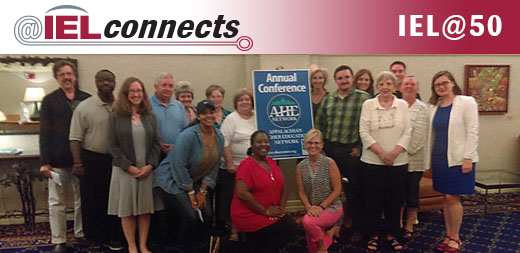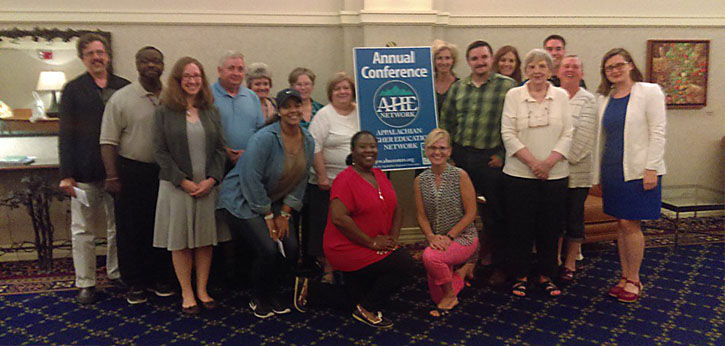In July, the IEL-based Appalachian Higher Education Network (AHEN) held its annual conference with the theme “Family. Institution. Community. Self.” These are the four pillars of student success as developed by Dr. Aaron Thompson, interim president of Kentucky State University and keynote speaker at the event. AHEN is supported by the work of three mentors: Betty Hale at IEL; Angela Kirtdoll at Eastern Gateway Community College in Ohio; and Sarita Rhonemus at Bluefield State College in West Virginia. READ MORE…

